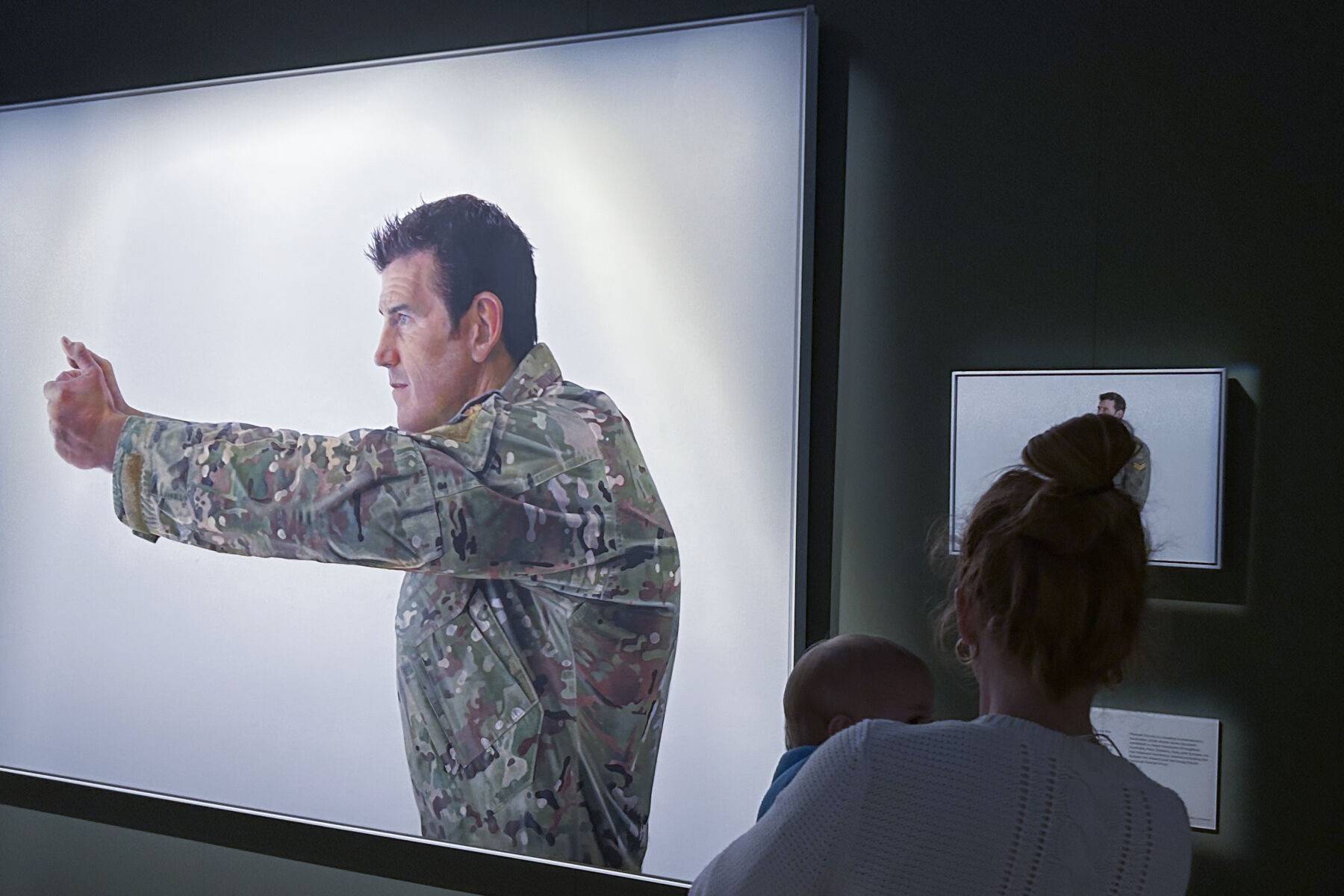Decorated soldier Roberts-Smith found guilty of war crimes in defamation case

Allegations of war crimes involving Ben Roberts-Smith, Australia’s most decorated living soldier, have left the nation grappling with difficult questions about its national identity and the role of its armed forces. When reports of the alleged war crimes first surfaced in 2017, Roberts-Smith launched a defamation case against the newspapers involved. However, on June 1, Judge Anthony Besanko ruled that the allegations were likely true and that the former special forces corporal was “complicit in and responsible for murder.”
The Roberts-Smith case has polarised Australia, prompting debates about the strong reverence for the military and its connection to the country’s national identity. Anzac Day, one of Australia’s most important national holidays, commemorates the sacrifices made by Australians and New Zealanders in wars and conflicts around the world. The increasing popularity of Anzac Day celebrations in recent years has led to a renewed interest in honouring war heroes, a trend that gained momentum under former Prime Minister John Howard.
The Brereton report, released in 2020, shocked the Australian public by revealing a culture of unlawful killings, gruesome initiation rituals, and cover-ups in the Australian military in Afghanistan between 2005 and 2016. The alleged war crimes are now being investigated by the Office of the Special Investigator. In March, a 41-year-old former member of the special forces was charged with murder, marking the first time a serving or former member of the armed forces had been charged with a war crime.
Dean Aszkielowicz, a senior lecturer and fellow of the Asia Research Centre at Murdoch University in Perth, told Al Jazeera that the Roberts-Smith case and the Brereton Report have severely tarnished the reputation of the Australian Defence Force. He explained that while Australia has been engaged in difficult conflicts throughout its history, the public has generally viewed the country’s war record as relatively clean, with few controversies relating to the conduct of Australian personnel and the laws of war.
Roberts-Smith’s downfall has been particularly dramatic due to the accolades he received and the esteem in which he was held. In addition to the Victoria Cross and Medal for Gallantry, he was the subject of a special exhibition at the Australian War Memorial. Since the defamation judgement was announced, there has been a fierce debate over whether the exhibition, including his uniform and two specially-commissioned portraits, should remain on display.
Kit Messham-Muir, a professor in art at Curtin University’s School of Media, Creative Arts and Social Inquiry, believes that the portraits should remain on display in the long term. He argues that they form the foundation of a conversation about the representations of the military in contemporary art and how overseas institutions deliver these stories back to the public.
Latest Thailand News
Follow The Thaiger on Google News:


























